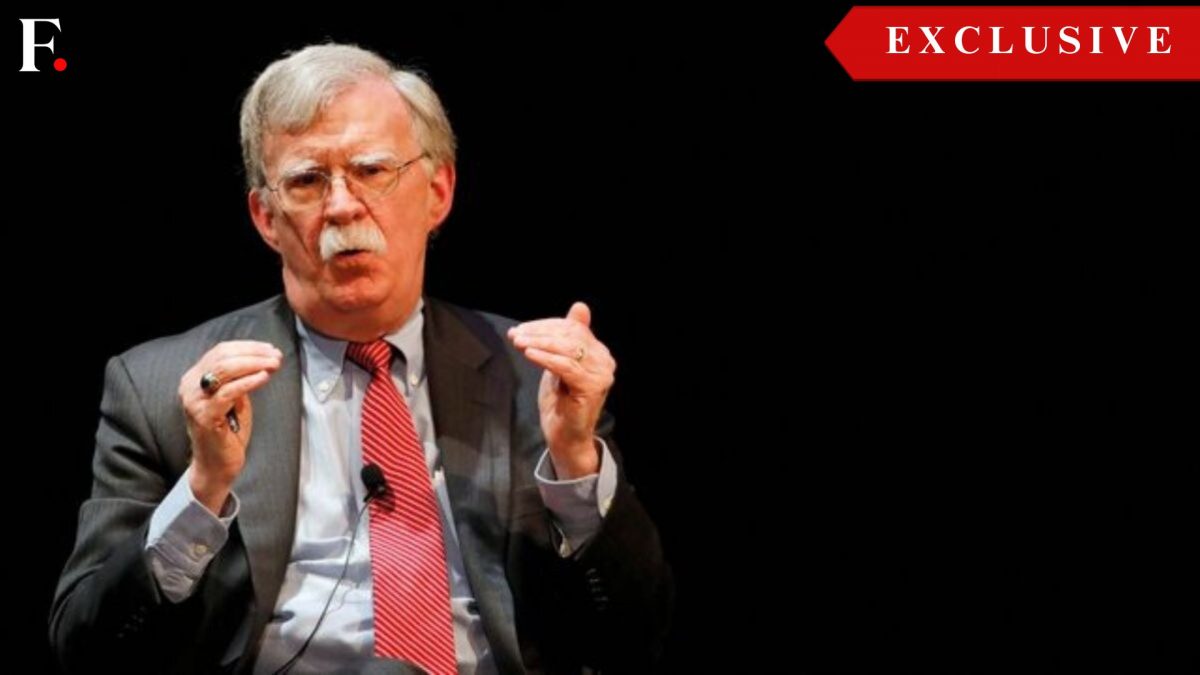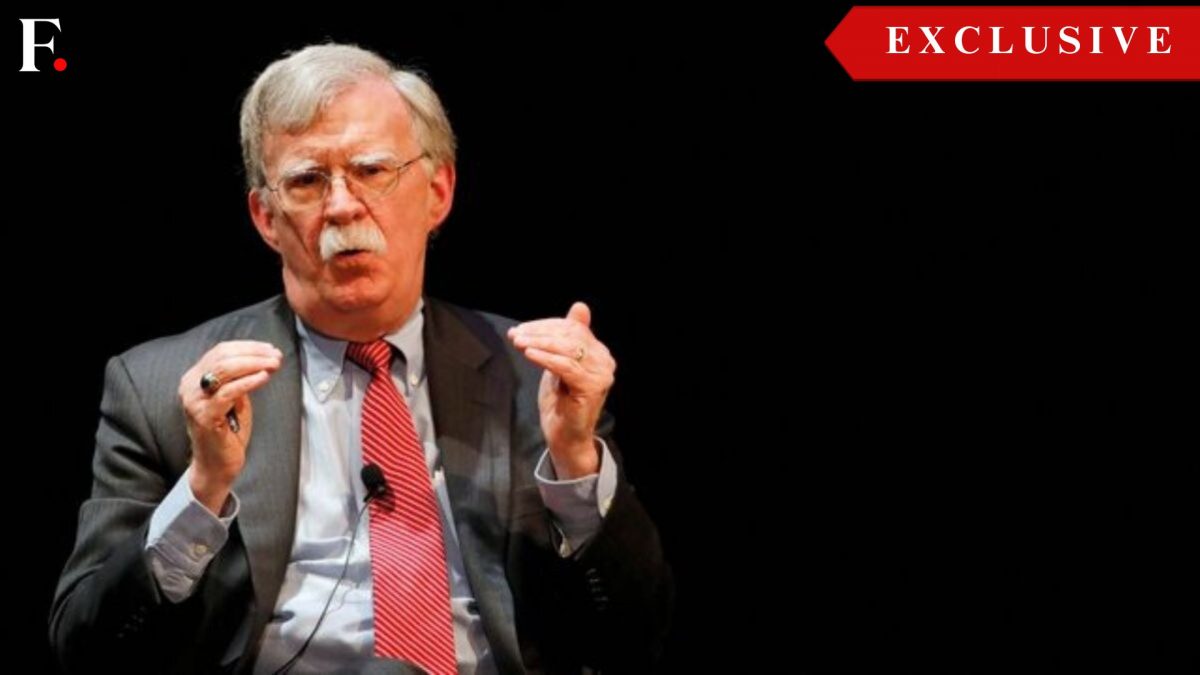As Bangladesh approaches the three-month mark under the interim leadership of Nobel laureate Mohammad Yunus, the situation remains dire, particularly for the Hindu minority community. Following the departure of former Prime Minister Sheikh Hasina, who fled amid escalating unrest, Yunus was appointed as the chief advisor to a caretaker government, raising hopes of stability. However, his leadership has not only fallen short in curbing the widespread violence against Hindus but has also failed to quell the unrest in Bangladesh overall.
The Hindu community, often targeted as a vulnerable minority, has faced systematic attacks and intimidation. This crisis has prompted condemnation from international leaders, including former US President Donald Trump, who voiced concerns over the escalating violence against Hindus in Bangladesh. While India’s ruling party, the BJP, has spoken out on the issue, opposition leaders, typically vocal on minority issues within India, have remained relatively quiet on Bangladesh’s Hindu plight, offering only limited statements.
Despite Yunus’s initial promises to strengthen protections for minorities, delay elections for better preparedness, and reform political institutions, his administration has struggled. In the meantime, the Bangladesh Nationalist Party (BNP) has ramped up its calls for early elections. Led in absentia by former Prime Minister Khaleda Zia and her son Tarique Rahman, the BNP is poised to gain from the rise in Islamist extremism and public unrest. However, if Zia’s party were to assume power, significant change for Hindus seems unlikely. The BNP has historically aligned with Islamist factions, such as Jamaat-e-Islami, and lacks a record of enacting protective measures for minorities. Without systemic reforms to protect minority rights, an early election or a new government will offer little relief to Bangladesh’s Hindu community.
Persistent Violence and Harassment:
Despite the political upheaval and the ousting of Prime Minister Sheikh Hasina, the Hindu community in Bangladesh continues to face relentless violence and harassment. Since Hasina’s departure, there have been over 2,000 reported attacks on Hindus. The interim government, led by Nobel laureate Muhammad Yunus, has been unable to restore order and ensure the safety of minority communities. This ongoing violence underscores the deep-rooted issues that plague the Hindu population in Bangladesh.
Impact Shorts
View AllThe interim government’s efforts to curb the influence of hard-line Islamist groups have been largely ineffective, allowing these groups to continue their campaign of terror against Hindus. The lack of minority protection laws further exacerbates the situation, leaving the Hindu community vulnerable and without recourse. Activists have long demanded the establishment of a ministry for minority affairs and a tribunal to prosecute acts of oppression, but these demands remain unmet.
In this context, the prospect of early elections or if Zia comes to power offers little hope for immediate relief or safety for the Hindu population. The political instability and uncertainty that accompany such elections are unlikely to address the systemic issues that contribute to the violence and harassment faced by Hindus. Until there is a stable and committed government that prioritises the protection of minority communities, the plight of Hindus in Bangladesh is unlikely to change.
Pro-Islamist Stance of BNP
Khaleda Zia’s Bangladesh Nationalist Party (BNP) has long been associated with pro-Islamist stances, primarily due to its historical alliances and policy positions. The BNP has maintained a close relationship with Jamaat-e-Islami, Bangladesh’s largest Islamist party, which has been known for its hardline views and opposition to secularism. This alliance has significantly influenced the BNP’s political strategies and policy decisions.
The BNP’s alliance with Jamaat-e-Islami has been a cornerstone of its political strategy. Jamaat-e-Islami, which was banned from contesting elections by the Awami League government, has been a major ally of the BNP. This partnership has allowed the BNP to mobilise a substantial voter base that supports Islamist ideologies. The BNP’s reliance on Jamaat-e-Islami for political support has often led to the promotion of policies that align with Islamist principles, including opposition to secularism and support for Sharia law.
Given the BNP’s pro-Islamist stance, the return of Khaleda Zia to power would likely exacerbate the plight of Hindus in Bangladesh. The Hindu community, which constitutes a minority in the country, has historically faced violence and discrimination, particularly from hardline Islamist groups. The BNP’s alliance with Jamaat-e-Islami, a party known for its involvement in anti-Hindu violence, raises concerns about the protection and rights of Hindu minorities under a BNP-led government.
During Khaleda Zia’s previous terms as Prime Minister, there were numerous reports of violence and discrimination against Hindus. The BNP’s government was often criticised for its failure to protect minority communities and for turning a blind eye to attacks on Hindus. The rise of Islamist groups during her tenure further marginalised the Hindu population, leading to increased fear and insecurity.
Need for Stringent Laws to Protect Hindus
The Hindu community in Bangladesh has been vocal about their need for protection. Activists have demanded the establishment of a ministry for minority affairs, a tribunal to prosecute acts of oppression, and comprehensive laws to protect minorities. These measures are crucial to address the ongoing violence and ensure that perpetrators are held accountable. Without such legal frameworks, the Hindu community remains vulnerable to attacks and systemic discrimination.
The interim government has struggled to restore order and protect minority communities, highlighting the deep-rooted issues that persist in Bangladesh. The lack of minority protection laws further exacerbates the situation, leaving the Hindu community without recourse. The establishment of stringent laws is essential to provide a legal basis for protecting minorities and ensuring their rights are upheld.
Zia has historically maintained close ties with Islamist groups, particularly Jamaat-e-Islami. This alliance has significantly influenced the BNP’s policy decisions and political strategies, often at the expense of minority rights. Given this context, it is unlikely that Khaleda Zia would prioritise the protection of Hindus if she returns to power. The BNP’s pro-Islamist stance and historical alliances suggest that minority protection would not be a priority. Instead, the focus would likely remain on maintaining political alliances and appeasing hardline groups. This approach would leave the Hindu community vulnerable and without the legal protections they desperately need.
The need for stringent laws to protect Hindus in Bangladesh is clear. The ongoing violence and harassment faced by the Hindu community underscore the necessity for robust legal frameworks to safeguard their rights. However, the potential return of Khaleda Zia to power raises concerns about the likelihood of such laws being enacted. The Hindu community is vulnerable and continues to face violence and discrimination. Without significant political will and a departure from alliances with hardline groups, the plight of Hindus in Bangladesh is unlikely to change.
The author, a columnist and research scholar, teaches journalism at St. Xavier’s College (autonomous), Kolkata. He tweets at @sayantan_gh. Views expressed in the above piece are personal and solely those of the author. They do not necessarily reflect Firstpost’s views.


)
)
)
)
)
)
)
)
)



